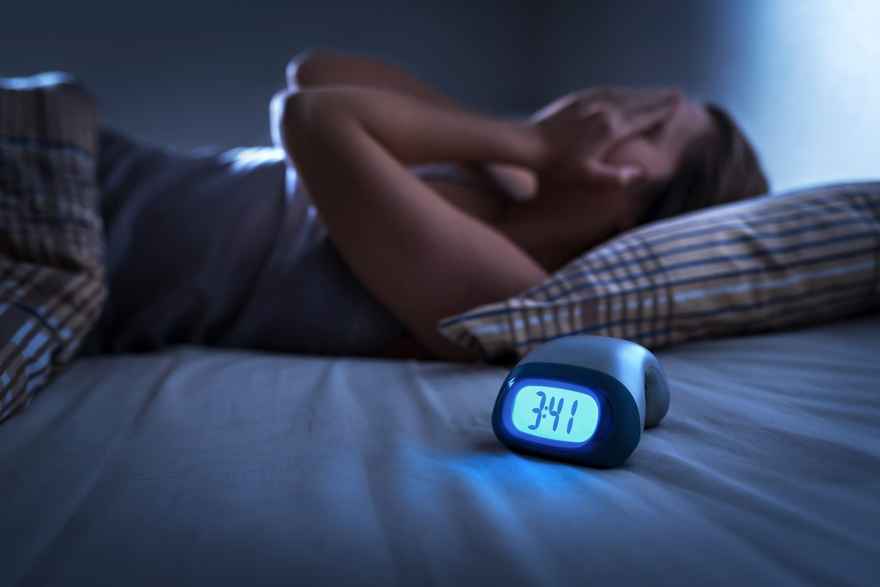Sugar is Ruining Your Sleep!

If you're consistently waking up anxious and exhausted instead of energized, there's a chance that rascal sugar is part of the problem.
A 2016 study placed healthy volunteers into two groups. One group was fed a controlled diet (they moderated processed foods). The second group was allowed to eat whatever they wanted (they ate significantly more processed foods). Researchers found study participants who consumed diets with more processed sugar and fat spent less time in deep, slow-wave sleep. This sleep stage is essential for the body’s detoxification and repair as well as for maintaining a healthy metabolism and strong immune function. The volunteers who ate junk food also took longer to fall asleep and woke up more frequently.
One theory as to why sugar / processed foods compromise quality sleep is that simple sugars flood the body with readily available energy. Faced with excess sugar/energy to burn, the brain spends less time in deep sleep and more time in rapid eye movement (REM), which is the sleep stage that uses the most energy. As a result of not getting enough deep sleep, you may wake up feeling unrefreshed.
To make matters worse…
2018 research showed that when we are tired we’re more likely to reach for food or drinks that will give us a quick energy boost. Shauna Lindzon, a registered dietitian from Toronto states:
“A lack of sleep has been linked to our increasing hunger hormone ghrelin and our stress hormone cortisol, which are both associated with increasing our desire to eat unhealthy foods.”
In other words, eating sugar leads to poor sleep which leads to the desire for more sugar the next day. The ultimate vicious cycle.
Another reason why sugar may be detrimental to quality sleep has to do with blood sugar crashes during the night (hypoglycemia). For obvious reasons, erratic blood sugar levels are alarming to the body and frequent waking is the result.
In addition, sugar damages our microbiome, in as little as 7 days I might add, depleting the beneficial bacteria we rely on to manufacture serotonin. Insufficient serotonin means insufficient melatonin which is needed to help us fall asleep and stay asleep.
If all that was not bad enough, studies show a high intake of sugar, in particular fructose, increases the production of an enzyme that degrades stored Vitamin D in the body. Plus, it interferes with the production of another enzyme needed to synthesize and utilize Vitamin D. If you are unaware of the role that Vitamin D plays in quality sleep then read up on that. Sufficient Vitamin D can make the world of difference for folks who struggle with insomnia. But! Taking Vitamin D and eating sugar is like a dog chasing its tail.
And finally, sugar messes with our feel-good neurotransmitters. By undermining brain health, we are more prone to negative thoughts which contribute to stress, anxiety, depression, and nighttime ruminations.
Oh, dear. Not good.
In short, if you value sleep, kick sugar to the curb and don’t look back.
SOURCES:
https://academic.oup.com/ajcn/article/111/2/429/5673520?login=true
https://pubmed.ncbi.nlm.nih.gov/27633109/
https://academic.oup.com/ajcn/article/107/1/43/4794751?login=false#112507111
Join Our Sugar-Free Tribe!
Sign up now to get the latest news, updates, and information about Sugar Detox and Sugar Addiction.
0 comments
Leave a comment